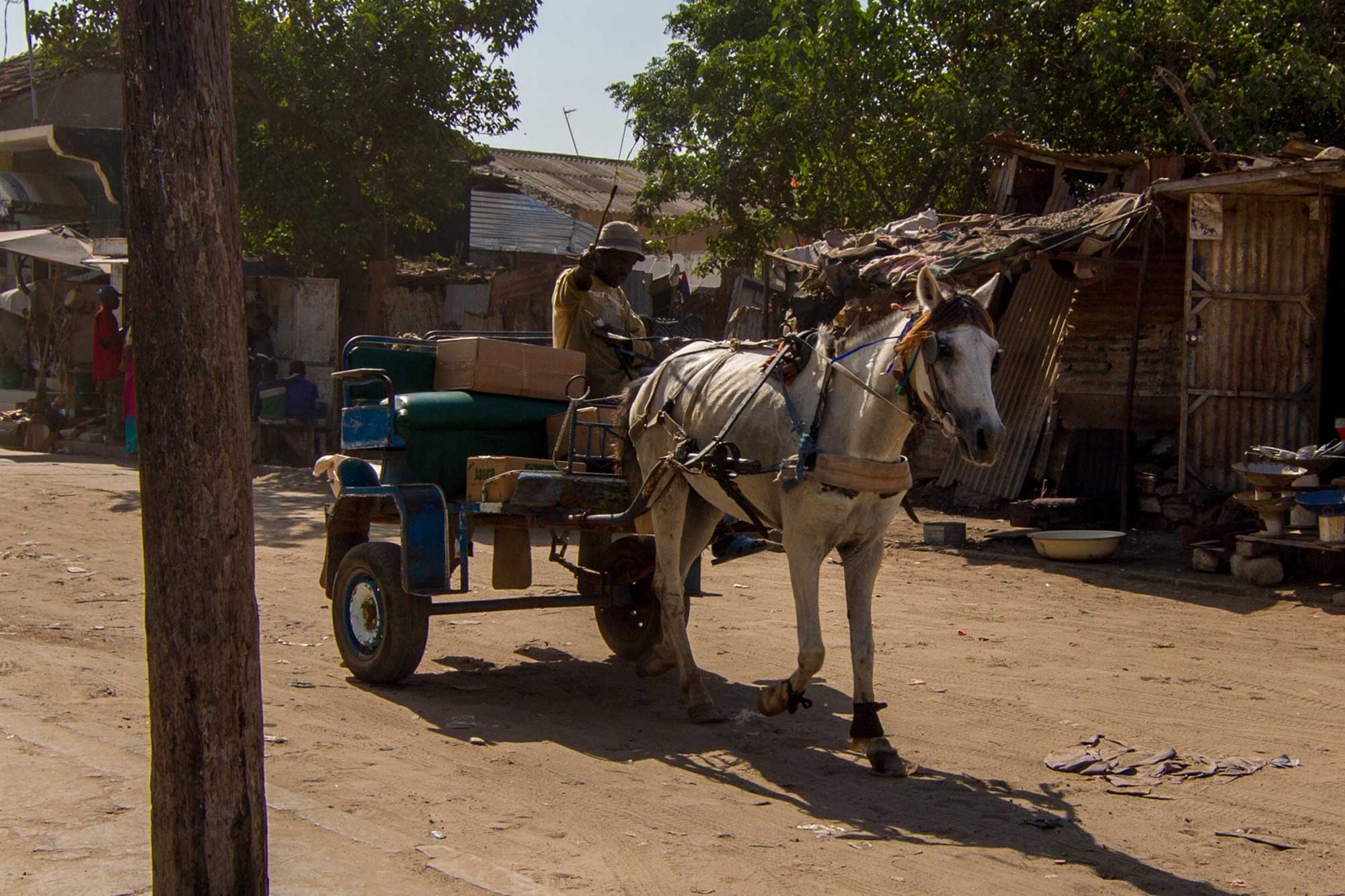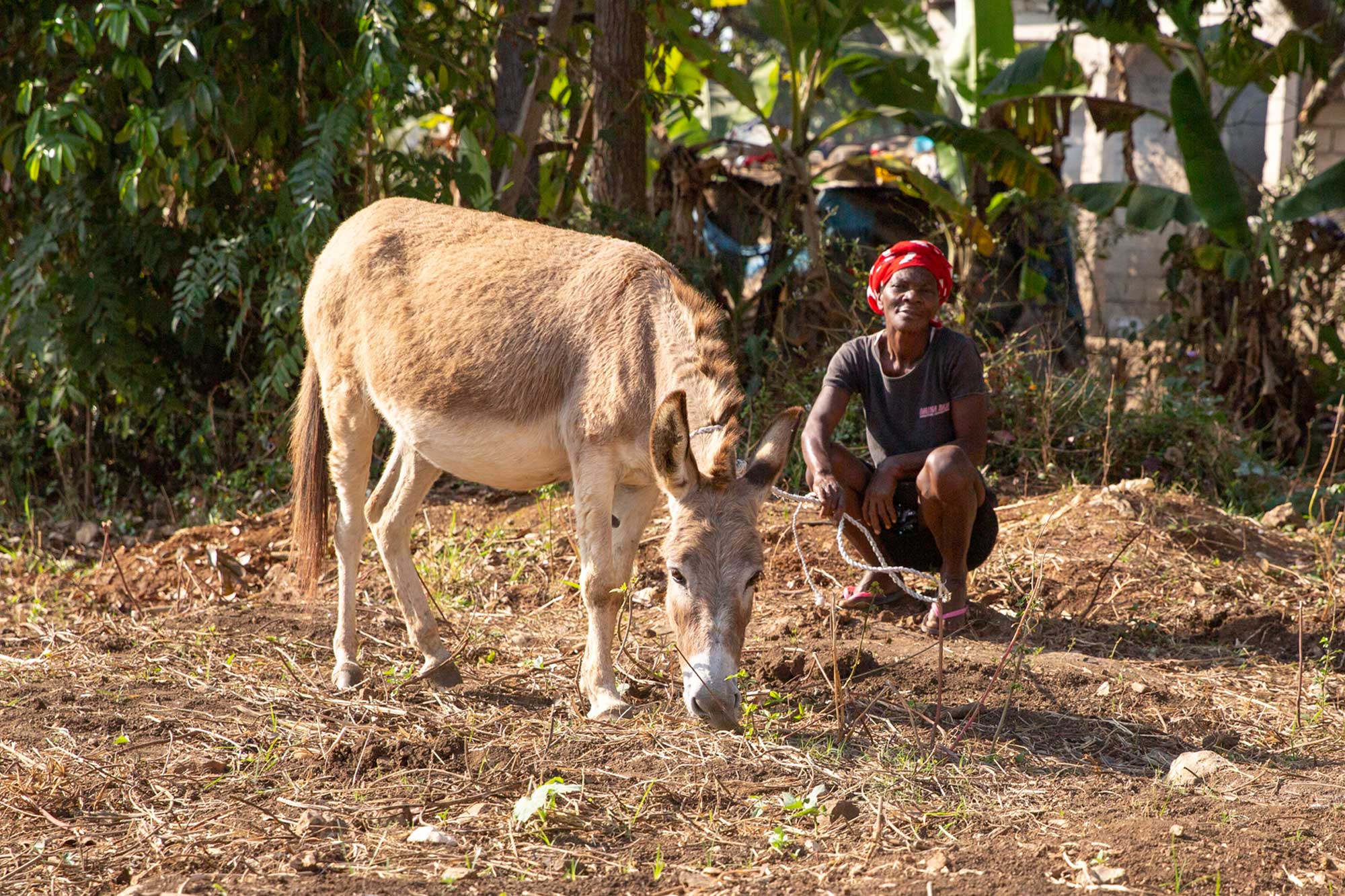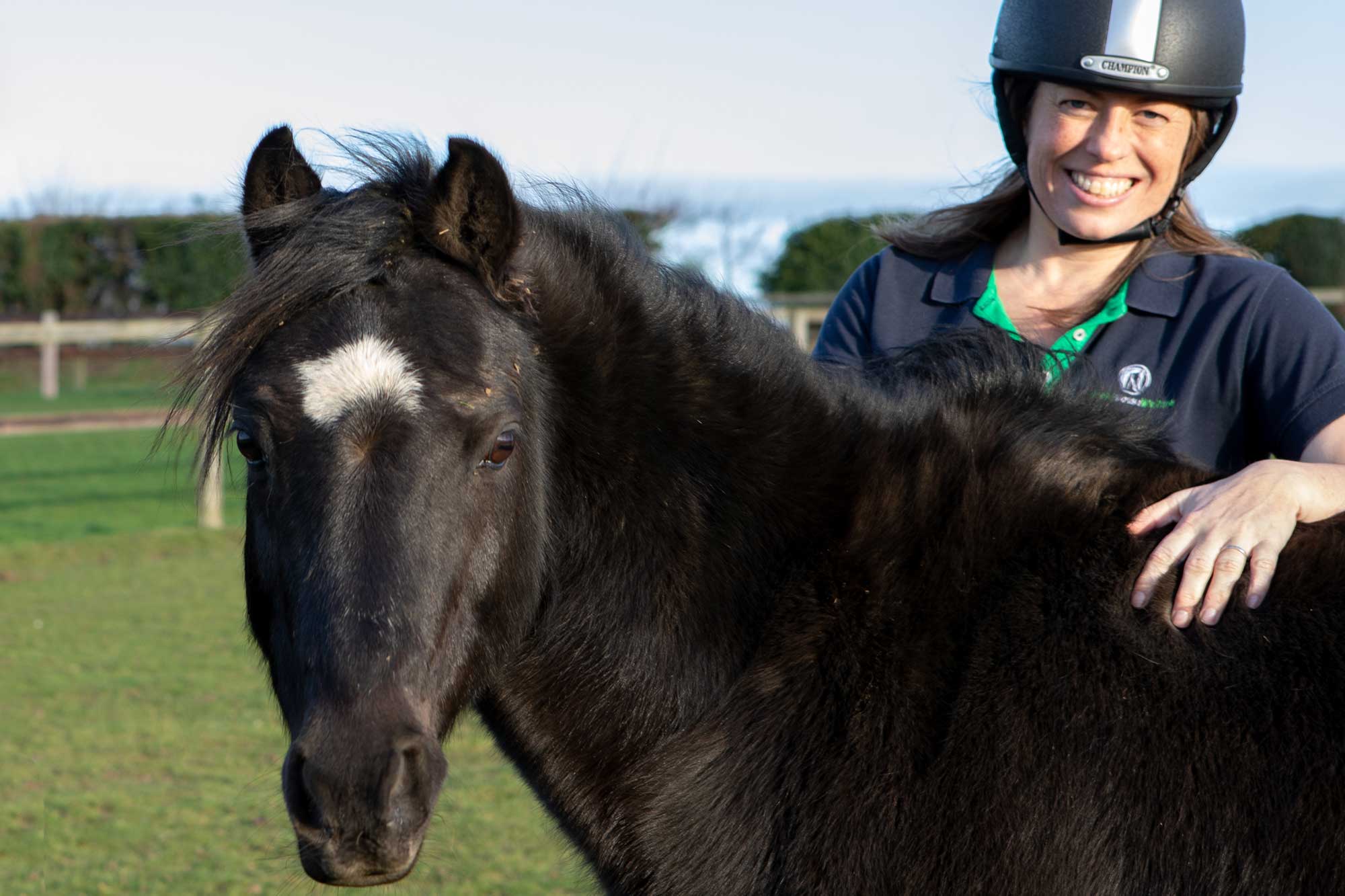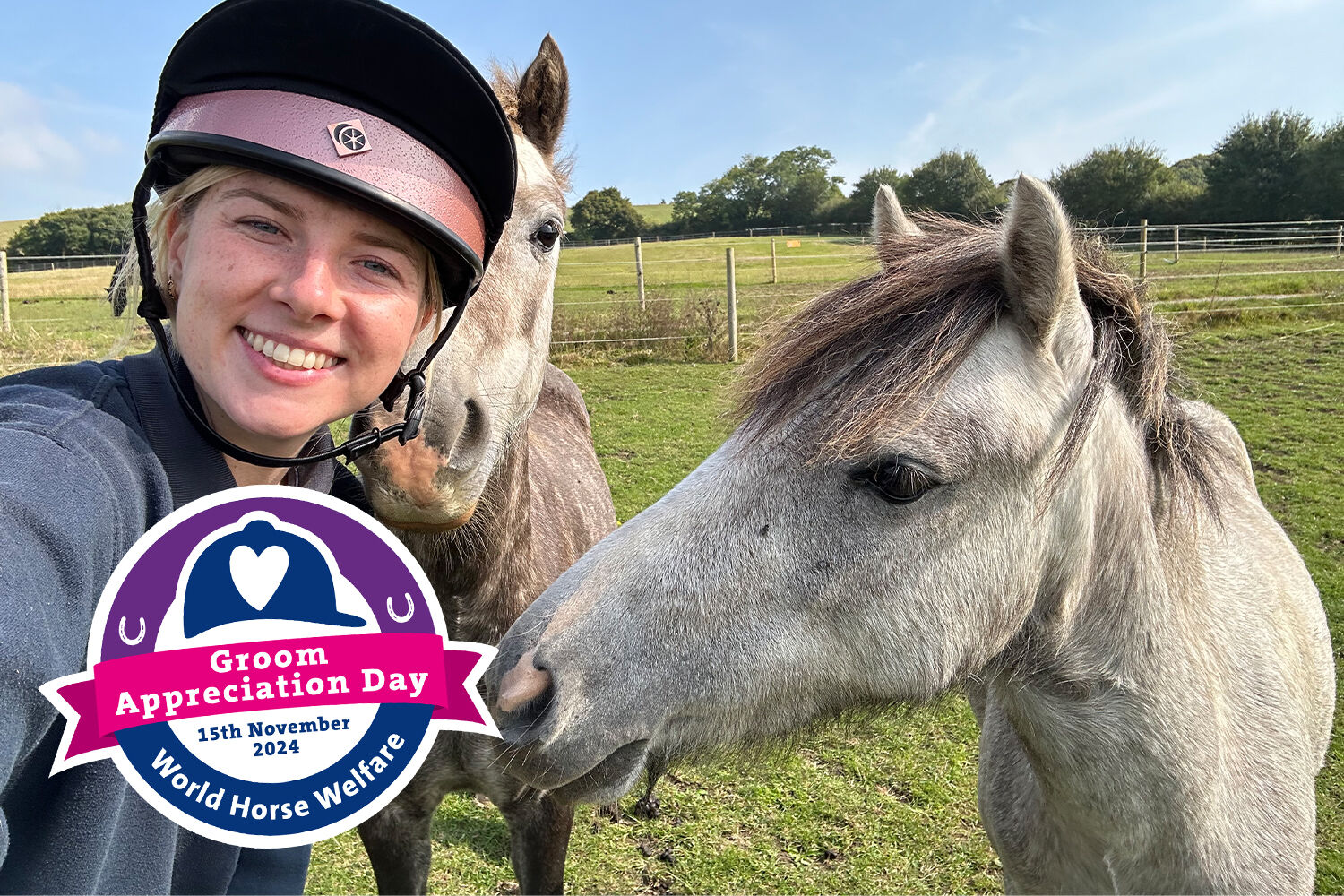Equine charities invite stakeholders to UN event
The Donkey Sanctuary and World Horse Welfare will be hosting their first virtual side event at this year’s United Nations High Level Political Forum
Posted on 01/07/2020

Due to the current global pandemic, The Donkey Sanctuary and World Horse Welfare will be hosting their first virtual side event at this year’s United Nations High Level Political Forum (HLPF) on the Sustainable Development Goals (SDGs). On Tuesday 7 July, stakeholders will be able to take part in discussions about the essential role working animals play in achieving key SDGs, and their context within two of the globe’s most pressing challenges: climate change and disease.
The charities’ side event: “Working Animals: Climate Change and Public Health Issues in achieving the SDGs” is being run via Zoom. It will highlight the essential role healthy, working animals can play in attaining the SDGs, while mitigating the spread of disease during the global health crisis.
The event has the support of the UN Food and Agriculture Organisation (FAO) and the Permanent Mission of the Republic of Senegal to the UN, represented by HE Ambassador Abdoulaye Barro.
It will feature presentations and a Q&A session with participants. For further details on the event, which starts at 5PM UK time – and to join live – the link to register is here.
Ian Cawsey, Director of Advocacy & Campaigns at The Donkey Sanctuary said: “In some of the most challenging parts of the world, well cared for working donkeys, horses and mules are crucial in mitigating the effects of climate change and building resilience to extreme events. As a UN Environment report last year stated, donkeys are ‘a valuable mode of all-weather, carbon neutral transport’. Yet up to five million donkeys a year are traded for their skins with all the biosecurity and health risks associated with the wildlife trade. We all want a safe and sustainable world; healthy working animals are an important part of that and must be factored into how governments respond to the challenges ahead”.
Roly Owers, CEO, World Horse Welfare said: “Healthy, productive working animals like horses, donkeys and mules play a vital role in contributing to sustainable development which has been overlooked for too long. They are the original sustainable power source, purpose built for their environment, and transport millions of people each day, enabling access to clean water, education, healthcare and medical supplies, and markets. They are a lifeline for women and children, taking on the heavy burden of carrying water and firewood that would otherwise need to be borne by their owners. The financial boost working equids provide families, especially to women, makes all the difference to their livelihoods and independence.”
At this year’s forum, which runs from Tuesday 7- Thursday 16 July, participants will focus on how to keep the global community on track in light of the current COVID-19 pandemic. The SDGs, set by the UN in 2015 and due to run until 2030, are designed to move the world towards a sustainable future for all.
Environmental crises have proliferated in recent years with air and water pollution, biodiversity loss, deforestation, rising sea levels and heatwaves just some of the disastrous effects of climate change. Alongside this has been a marked increase in zoonotic disease (infection passed from animal to human), mainly caused by environmental, demographic and social changes.
Communities whose livelihoods depend on working donkeys, horses and mules benefit from healthier animals, which in turn prevents the development and dissemination of zoonotic diseases. Working animals support economic resilience in local communities – providing vital transport for the movement of resources as well as ensuring goods get to market. They also offer a wider range of opportunities for work-based and social engagement.
Working animals are a prime example of the positive impact easy, affordable interventions can have on achieving sustainable development objectives, while supporting many SDG targets – no poverty, zero hunger, good health, gender equality, clean water and energy, decent work, sustainable communities, climate action and partnerships.
Topics
Related News

View the UN HLPF Side Event online
The jointly-hosted event looked at Working animals: Climate change and public health issues in achieving the Sustainable Development Goals.

New documentary highlights climate change threat to lives of farmers and their horses in Senegal
Millions of people in Senegal’s scorching deserts depend on working horses for their survival.
Recommended Blog Posts

Can you cut the costs of horse ownership without compromising on their care?
Chief Field Officer Claire Gordon looks at ways to cut costs without compromising on care.

Celebrating our international colleagues
On International Women’s Day, we catch up with some of the inspirational women from our International team.

Meet some of our often-unsung heroes on Groom Appreciation Day – Nicole at Glenda Spooner Farm
"I feel honoured to have this opportunity and proud to be making a difference to the lives of so many equines."
Enjoy reading stories like this?
Join over 55,000 other horse lovers and sign up for our email newsletter

Join over 55,000 other horse lovers and sign up for our email newsletter
Sign me up now